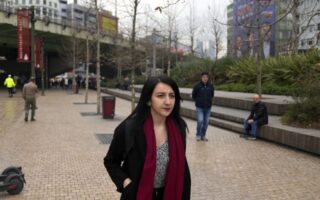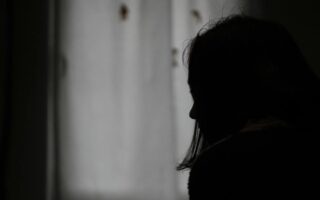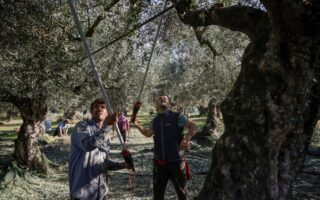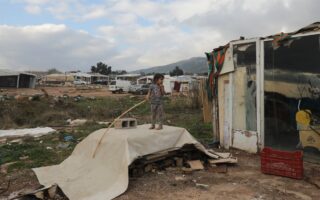Extremism rears its ugly head again in Thessaloniki
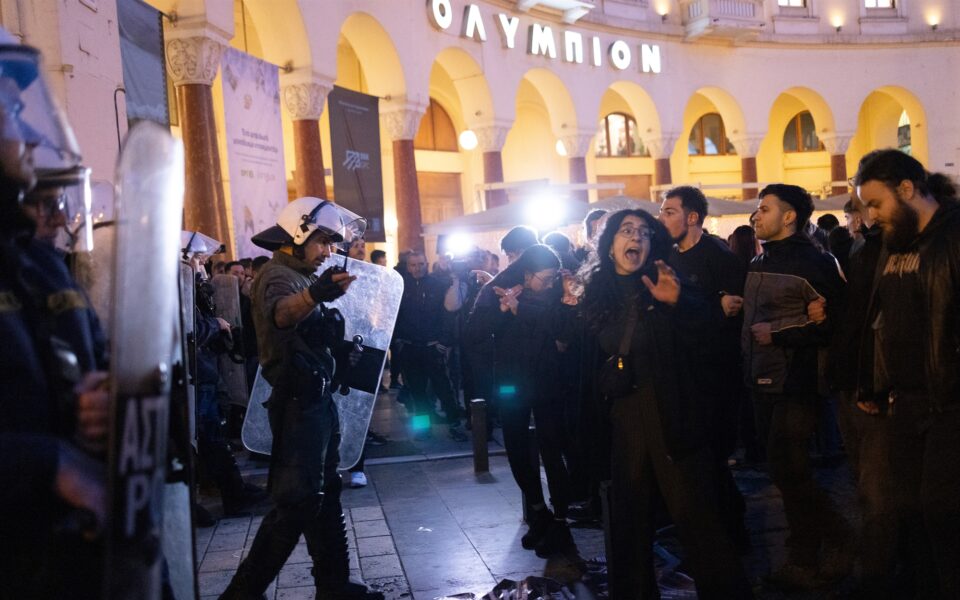
Brutality and extremism re-emerged in full force in the northern city of Thessaloniki in recent days, reminding us that far-right and ultra-conservative radicalization remains a serious challenge in Greece.
Last weekend, a mob of youths verbally assaulted and pursued two trans individuals in one of the city’s biggest public squares, forcing them to take refuge from their threats of violence in a nearby restaurant. Police arrested 21, of whom 11 were minors.
Just a few days later, incensed religious groups called for an “awakening” against the world premiere of Greek filmmaker Elina Psykou’s “Stray Bodies,” claiming the documentary “aims to demolish our ancestral values” and urging protesters to gather outside the Olympion Cinema – in the same square where last Saturday’s assault took place. Responding to the call, authorities announced a ban on all public demonstrations.
“The two incidents are different, as the first does not seem organized but spontaneous, while the second was organized and incited,” Lamprini Rori, an assistant professor of political analysis at Athens University, tells Kathimerini English Edition. “The first is perhaps more dangerous, as it has no evident instigators but the herd and bystander psychology which took over in an unpredictable manner and is, therefore, harder to suppress.”
These recent events might seem quite extreme but they are by no means isolated. Earlier this month, supporters of the now-defunct far-right Golden Dawn party sent letters to two MPs with the ruling New Democracy party, vowing to harass and intimidate them until they are ousted from Parliament because they voted for the sex-marriage legislation.
In April last year, mask-wearing members of Golden Dawn’s youth wing forced their way into an exhibition by artist Sergej Andreevski from neighboring North Macedonia at a Thessaloniki gallery, accusing him of celebrating past massacres of Greeks.
And in 2021, vocational-training high schools became the arena where shaved-headed youths dressed in black – the look of choice for far-right groups – sought to flex their ideological and actual muscles, launching several orchestrated attacks against students and anti-fascism activists, leaving several in need of hospital care.
“Since the marches against the Prespes Agreement [with neighboring North Macedonia], the anti-vaccination movement and the protest against Greece’s new ID cards, we have noticed a social dynamic that while evident in the city before, is now more pronounced,” said Rori. “It is imbued with reactionism and opposes changes in the modern way of life.”
Northern Greece is a traditional far-right electoral stronghold, and with European elections often seen as an opportunity for a protest vote, this part of the political spectrum, which is represented in Greece’s Parliament by three parties, is expected to further increase its share in June’s polls for the European Parliament, analysts say.
“It would be even more dangerous if all these far-right powers, which are splintered, managed to combine forces, if a figure shows up who succeeds in uniting them,” said George Siakas, an assistant professor in the Department of Political Science at the Democritus University of Thrace and research director at the University of Macedonia’s Public Opinion Research Unit. “I don’t think it likely, but you can’t rule it out.”
Siakas also suggested that the way the political parties handled the issue of same-sex marriage both before and after the legislation landed in Parliament, stoked the far-right’s stance.
“The political system does not live up to expectations,” he said. “When one-third of New Democracy’s MPs and one-third of opposition SYRIZA don’t support the legislation and don’t face any consequences for defying the party line, people believe that they don’t have any strong ideology, that they don’t take their jobs seriously and act only for political benefits.”
Underdog culture
Many of these incidents, including the homophobic mob attack, involve minors. Analysts say that beyond the political agenda, it is also often a search for identity and “acceptance” within smaller or larger groups that feeds these actions.
“This is a construct of the underdog political identity,” said Siakas. “Thessaloniki is generally a tough city to live in with very few jobs, few opportunities. They are getting radicalized to send a message of punishment and reaction.”
Rori said the country’s political parties are also very much to blame for the ways they tried to deal with these issues and particularly juvenile violence, a phenomenon with multiple facets – mass psychology, hooliganism, organized violence, bullying.
“The state failed to understand how complex this problem is,” she said. “Juvenile violence cannot be addressed with suppression. Suppression is the last thing that can correct the upsurge of this phenomenon, without saying that it cannot act as a deterrent. But the root of the problem lies within the family and within our schools.”
